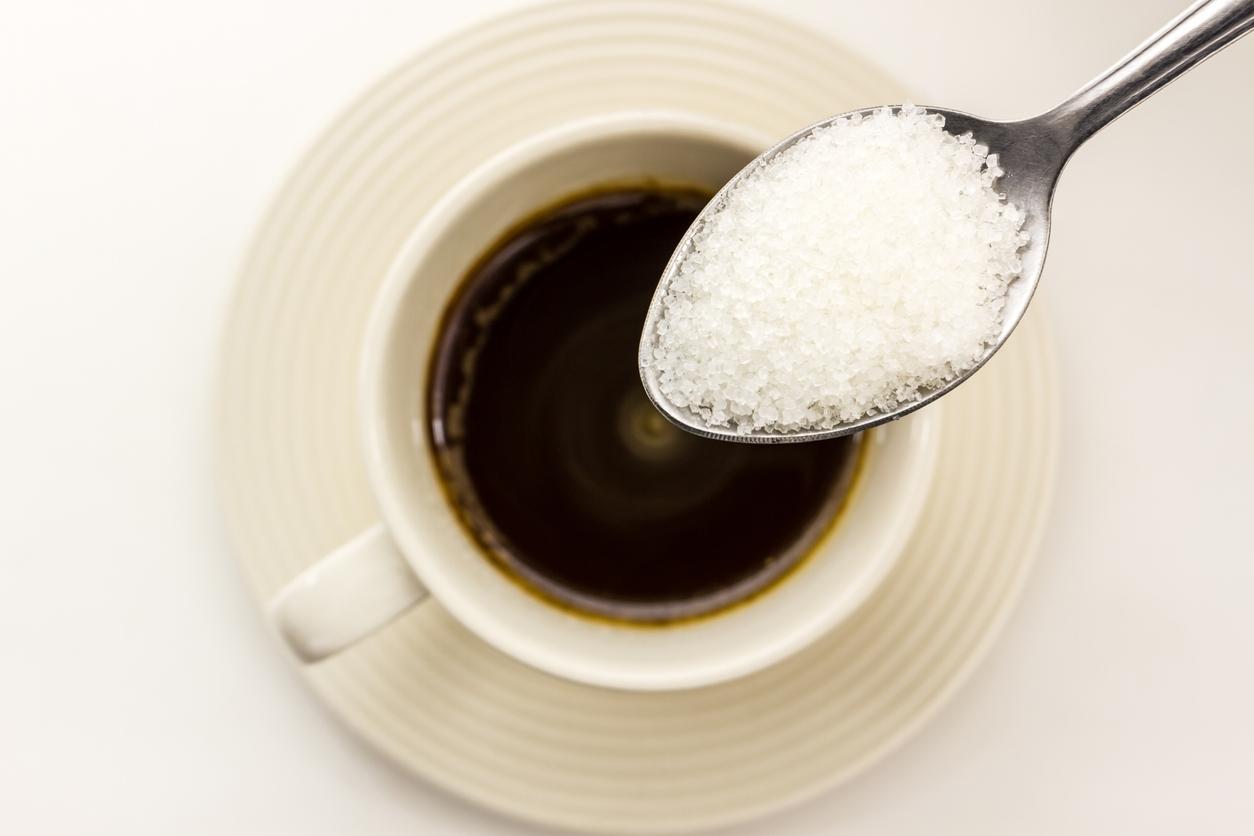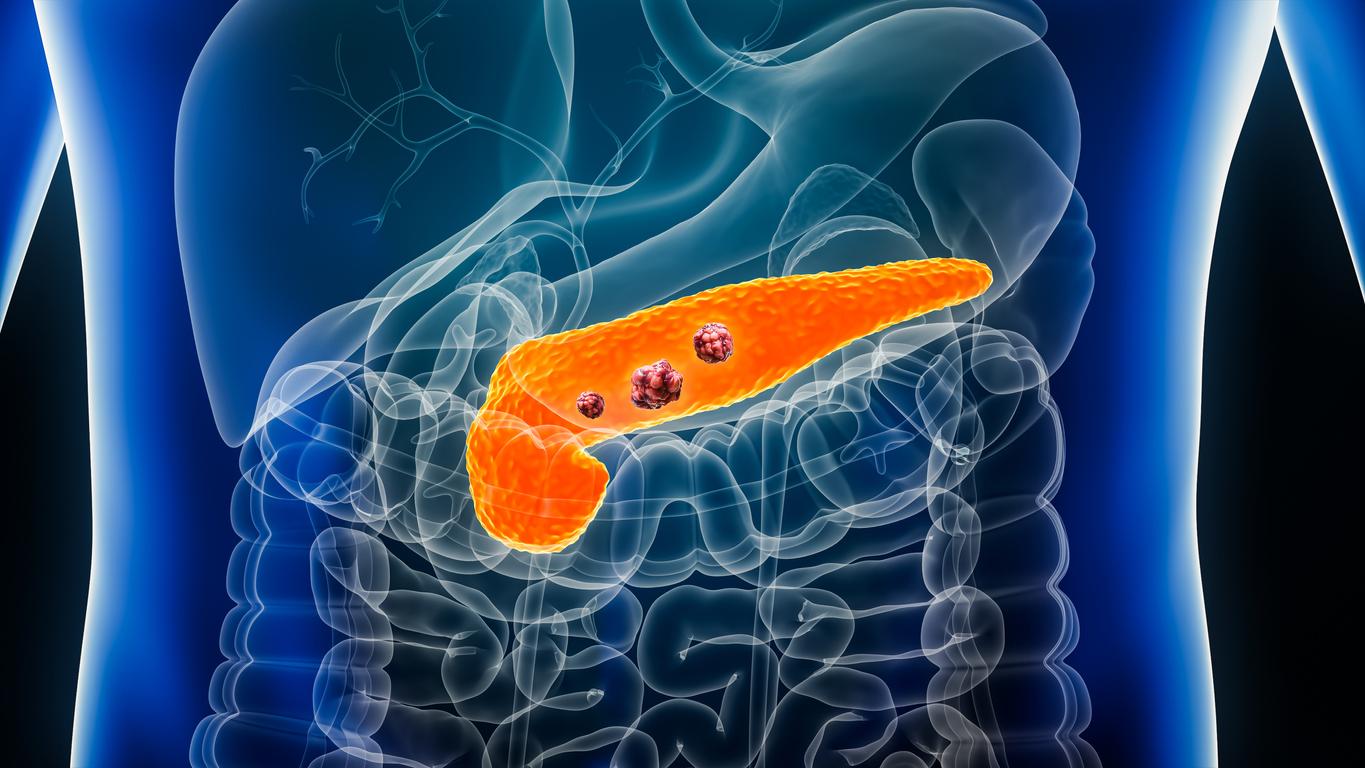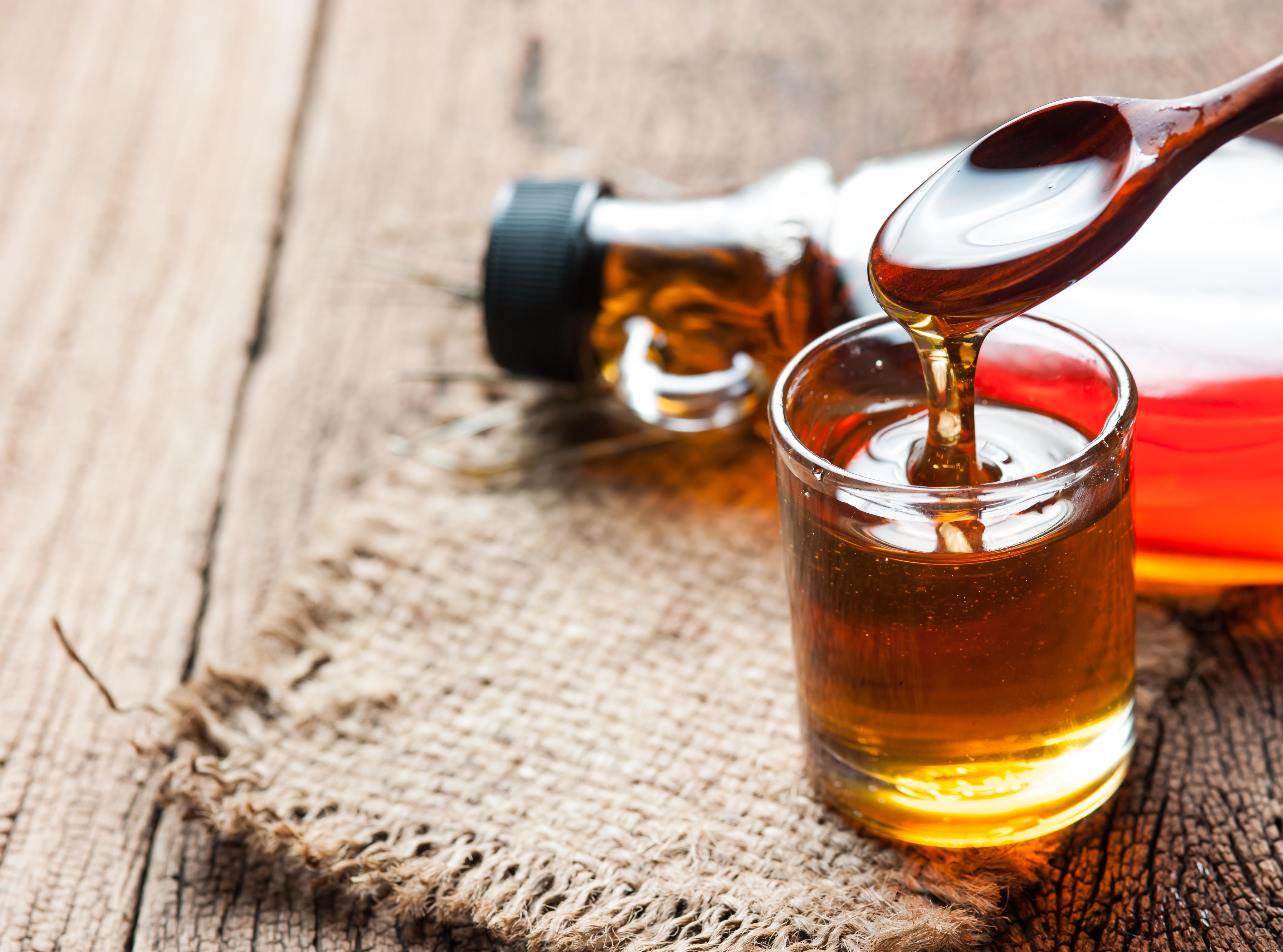Aspartame, erythritol, stevia, sucralose… in recent years, multiple artificial sweeteners have appeared on the market to replace sugar. Used in an increasing number of processed foods, these additives can nevertheless cause potential health problems such as an increased risk of cardiovascular diseases or cancer, or even a modification of the intestinal microbiome.
This is why researchers at the University of Vienna (Austria) investigated whether sucralose could be a good alternative to sugar for people looking to lose weight.
An additive authorized in France since 2005
This artificial sweetener (food additive E955) was discovered at the end of the 1970s but has only been authorized in France since 2005.
A recent study showed that it may cause “leaky gut,” meaning it makes the intestinal wall more permeable. But Austrian scientists believe that the artificial sweetener sucralose “does not cause increased levels of bacterial endotoxins in the body compared to the consumption of sugar, also known as sucrose.”
For this study, the researchers recruited 18 non-smoking, healthy participants with a “normal” body mass index. Only 11 participants completed the study. All stopped consuming sweeteners for 3 weeks before the start of the study. On some days, study participants received a light breakfast and a drink containing sucrose, sucralose, or a mixture of sucralose and maltodextrin.
After analysis, the researchers reported that those who drank the sucrose-sweetened beverage had higher levels of bacterial endotoxins in their blood plasma than those who consumed the sucralose-sweetened beverage or the sucralose-maltodextrin mixture. Additionally, they noted no significant changes in bacterial endotoxin levels in the colon when the cells were treated with sucralose.
However, this study was only conducted on a small number of people. “It would also be important to explore more research on the impact of artificial sweeteners on satiety, taste buds and sensory receptors, as well as the activity of neurotransmitters in the brain” underlines the spokesperson for the Academy of American nutrition and dietetics, in Medical news today.
Source : Acute Intake of Sucrose but Not of the Intense Sweetener Sucralose Is Associated with Post-Prandial Endotoxemia in Healthy Young Adults—A Randomized Controlled TrialNutrients, September 2023
















